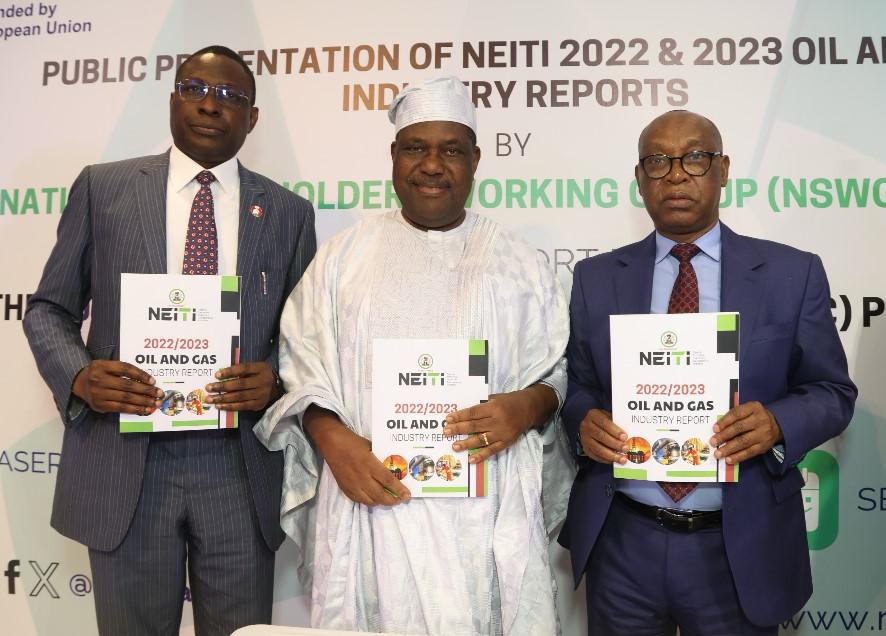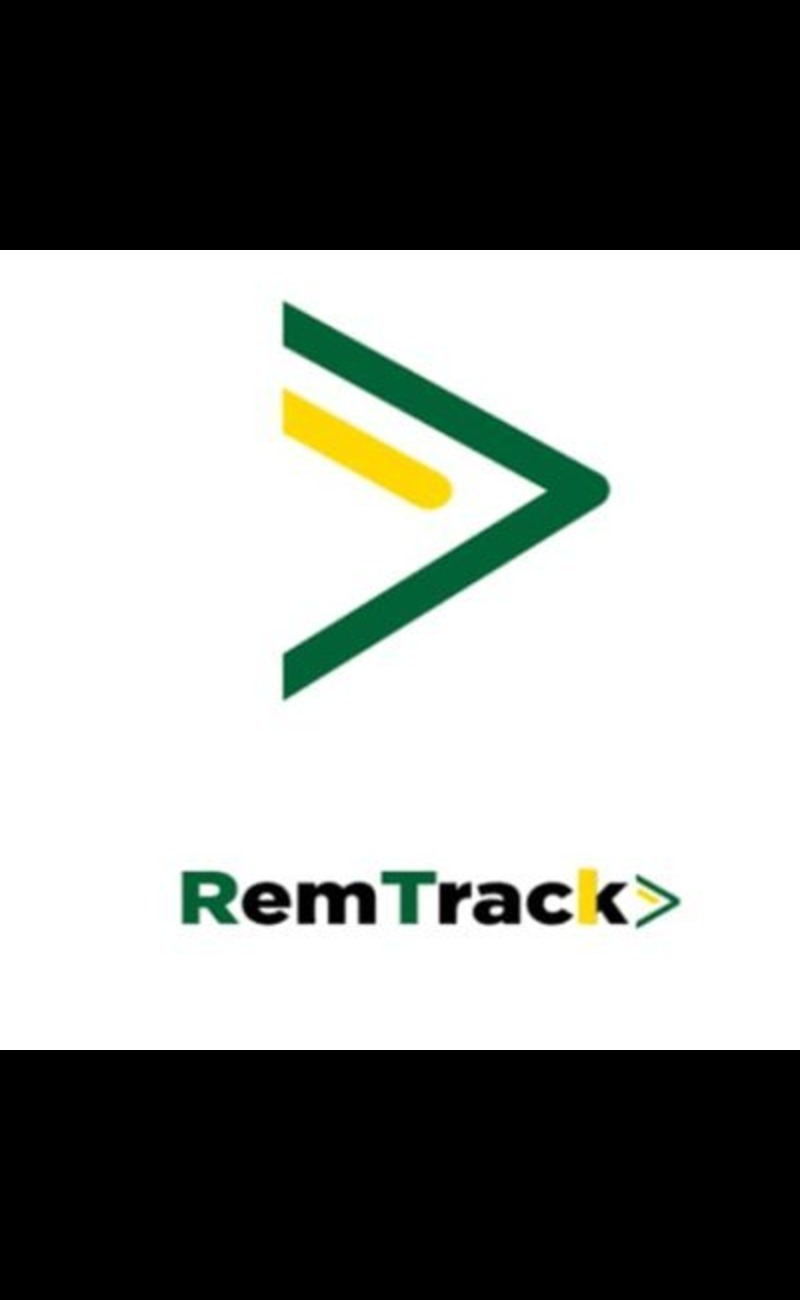Decades after discovering oil, many Nigerians still question the benefits of this abundant natural resource as they endure long queues at fuel stations and face daily challenges. The answer to this ancient challenge lies in the mismanagement of oil revenues, which has deprived citizens of their rightful benefits. To address these pressing issues, the Nigeria Extractive Industries Transparency Initiative (NEITI) was established to promote accountability and transparency within the extractive sector. By implementing rigorous audits and fostering public engagement, NEITI aims to ensure that the wealth generated from Nigeria’s natural resources translates into tangible benefits for all citizens.

In 1956, Nigeria discovered oil for the first time, sparking hopes for sustainability and a significant impact on the nation’s economy. Commercial production began in 1958, and since then, Nigeria has been producing oil year after year. However, while the oil has continually flowed, the same cannot be said for its benefits.
Despite Nigeria’s substantial oil production, citizens often find themselves facing long queues at fuel stations year-round. This raises a pressing question: Why are we still struggling if we have oil?
The Elephant in the Room
The answer to this age-old question is simply mismanagement. Various players in the extractive sector often mismanage the processes and proceeds involved in oil production, processing and distribution as they resort to corrupt practices that rob citizens of their rightful benefits.
To tackle these challenges, the federal government joined the Extractive Industries Transparency Initiative (EITI) in 2003. This commitment to transparency within the sector was further solidified with the establishment of the Nigeria Extractive Industries Transparency Initiative (NEITI) in 2007. NEITI was created to institutionalise accountability mechanisms aimed at fostering transparency in Nigeria’s extractive sector for the benefit of all citizens. Its mandate includes ensuring due process, transparency, accountability, and zero tolerance for corruption in the determination, payments, and receipts of all government revenue from the extractives sector.
What Does NEITI Bring to the Table?
NEITI plays a crucial role in auditing Nigeria’s oil and gas sector by promoting transparency and accountability regarding revenues generated from the country’s rich resource endowments in oil, gas, and solid minerals.
Through periodic independent audits, NEITI assesses and reconciles financial data from government agencies and oil companies. This ensures that revenue generated from oil and gas operations is accurately reported and properly allocated.
These audits provide valuable insights into the sector’s contributions to the national economy, identify discrepancies in financial flows, and highlight areas for improvement. By making these findings publicly available, NEITI empowers citizens and stakeholders to hold both the government and companies accountable, fostering a culture of transparency essential for sustainable development in Nigeria’s extractive industries.
READ ALSO: Orderpaper applauds NEITI on EITI assessment
Key Findings from NEITI’s Latest Report
The latest NEITI Oil and Gas report, released in September 2024 during a public presentation in Abuja, covered a total of 78 companies in the oil and gas industry along with 9 government agencies responsible for managing oil and gas revenues.

The report revealed an increase in crude oil production from 490.945 million barrels in 2022 to 537.571 million barrels in 2023. Notably, there was a remarkable decrease of 79% in oil theft and crude losses, dropping from 36.69 million barrels in 2022 to 7.68 million barrels in 2023.
Most importantly, the sector generated approximately $22.653 billion in 2023. These revenues came from 17 identified revenue streams, including proceeds from taxes, oil and gas sales, dividends from NLNG, royalty payments, signature bonuses, gas flare penalties, and concessions.
Additionally, oil and gas companies owe the Federal Government a total of $6.071 billion and N66.4 billion, primarily due to unpaid royalties, gas flare penalties, and outstanding taxes.
The report emphasises NEITI’s commitment to transparency through a rigorous multi-stakeholder approach to data collection and validation. With this report, NEITI aims to stimulate the fixing of leakages and prevent future occurrences through recommendations that impact policies and operational procedures addressing corruption within the extractive sector.
Why are these audits important?
The extractive sector has provided over 90% of Nigeria’s foreign exchange earnings and significantly contributes to the country’s Gross Domestic Product (GDP). Beyond these economic contributions, revenues from the sector are crucial for developing local communities, creating employment opportunities, and improving living standards for citizens. Organisations like the Niger Delta Development Commission (NDDC), funded by oil revenues, have undertaken numerous projects aimed at enhancing transportation and access to electricity within the Niger Delta region.
This generated revenue plays a crucial role in funding various government projects and interventions, underscoring the need for effective tracking and management. However, a lack of transparency has adversely affected the sector and, by extension, the nation, as significant resources have been misappropriated without accountability.
Mismanagement poses serious challenges within the extractive sector, leading to severe consequences such as community displacement, environmental degradation, and inadequate basic amenities in host communities like Ogoniland due to improper allocation of generated revenue. Given these pressing challenges, fostering transparency in resource management is essential to ensure that the wealth generated from Nigeria’s natural resources benefits all citizens equitably.
How Can You Contribute to This Process?
For many Nigerians, navigating NEITI’s audit reports can be demanding due to their technical nature. To bridge this gap, OrderPaper has deployed RemTrack—a civic tech tool designed to enhance citizen engagement regarding energy transition dynamics related to Nigeria’s extractive sector.

RemTrack simplifies information provided by NEITI reports into easily digestible nuggets and datasets that help citizens track progress on projects within the extractive sector. It also aids in monitoring remediation processes (i.e. reconciling identified gaps in NEITI audit reports) to ensure transparency and accountability regarding payments and receipts while adhering to best practices within the oil, gas, and solid minerals industries.
With RemTrack, you can follow developments within the extractive sector directly from your mobile device. This tool allows you to track remedial issues that are awaiting resolution or have already been resolved, as well as monitor community interventions and Corporate Social Responsibility (CSR) projects impacting your community or state.



